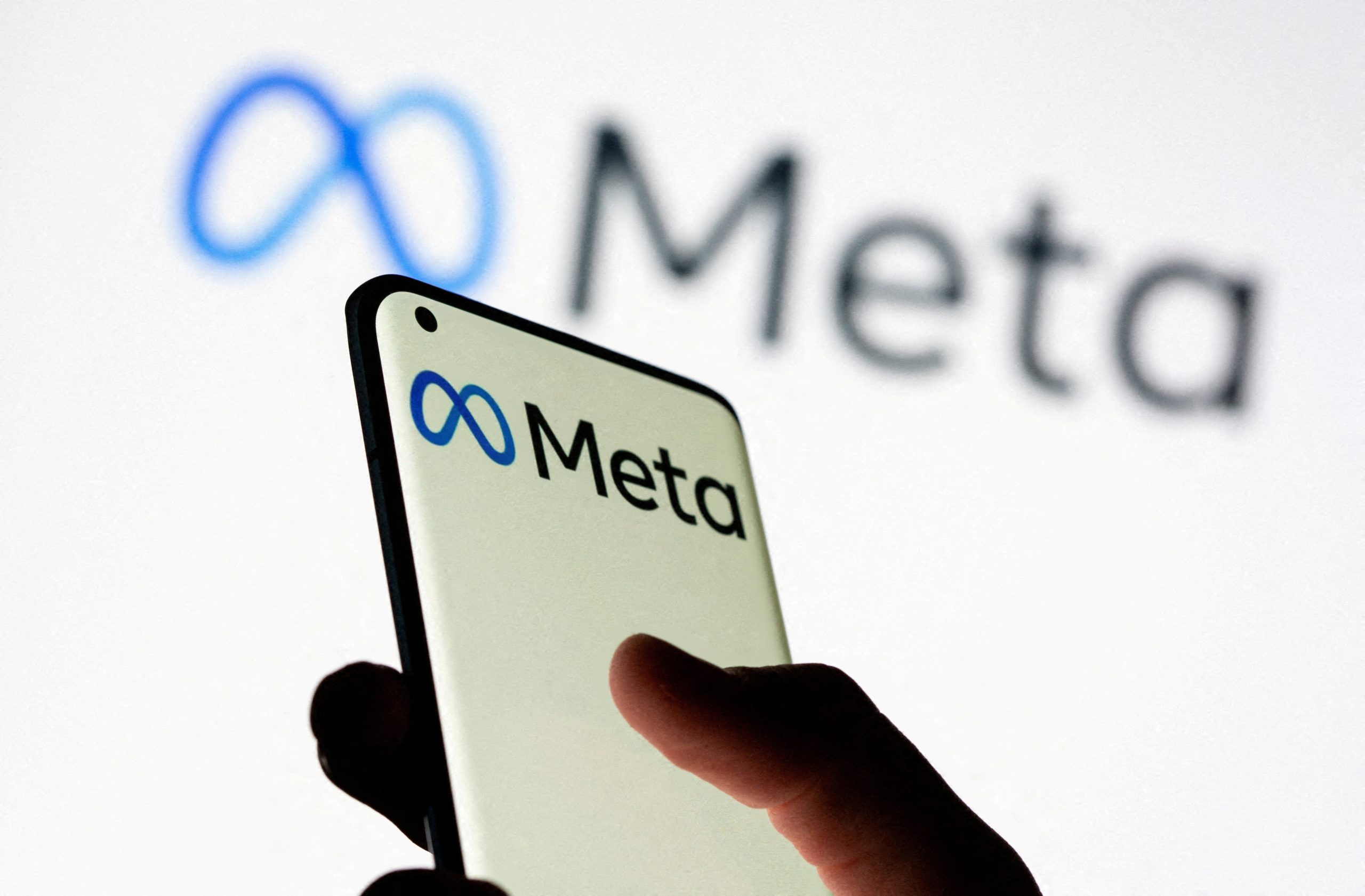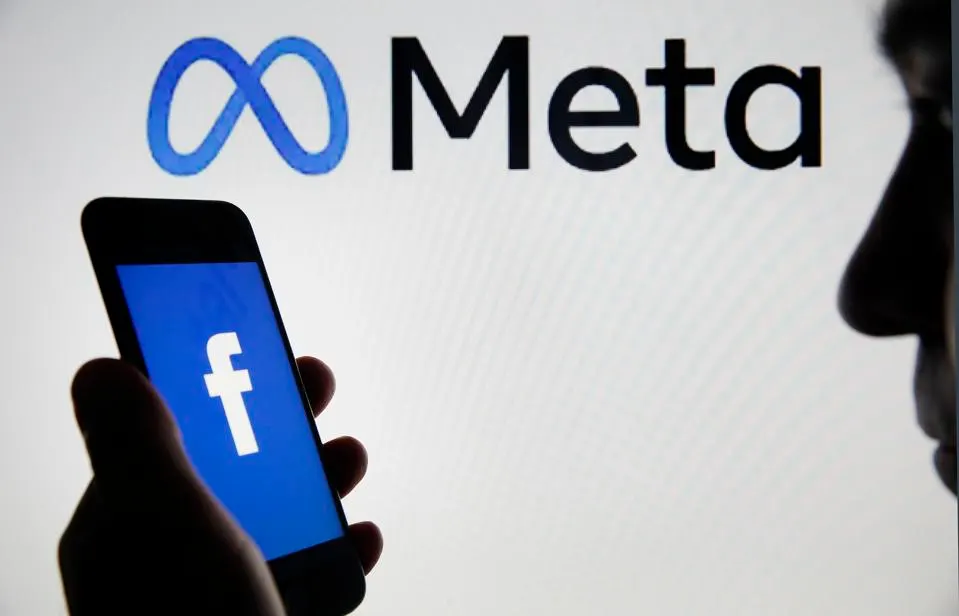The European Commission (EC) has intervened to block Meta’s controversial plan to charge users a subscription fee in exchange for privacy on its platforms. This decision was not taken under widely recognized laws like the Digital Services Act (DSA), Digital Markets Act (DMA), or General Data Protection Regulation (GDPR).
Instead, the EC warned Meta of potential sanctions under EU consumer laws if it failed to address significant issues with its “pay or consent” model. This model required users to either subscribe for a fee or consent to the use of their personal data for personalized ads, raising revenue for Meta.
The EC highlighted that Meta’s approach pressured users into making quick decisions without adequate notice, potentially causing undue stress about losing access to their accounts and contacts. To protect consumers, the EC, along with national consumer protection authorities, demanded that Meta propose solutions to address these concerns by September 1.

EU Blocks Meta’s Plan to Charge for Privacy, Citing Consumer Protection Concerns
The EC emphasized that Meta’s model could be misleading as it labels ad-based plans as “free,” despite generating revenue from personal data usage. The EU’s commissioner for justice, Didier Reynders, stressed that consumers must be fully informed about how their data is used and that this transparency is a fundamental right under EU consumer protection law.
Additionally, the EC is concerned that users might struggle to understand Meta’s terms and navigate the various screens and hyperlinks in the app or web version to comprehend how their data will be used for ads. The imprecise language used by Meta, such as referring to “your info” instead of “personal data,” adds to the confusion.
To address these issues, Meta might need to give EU users more time to decide whether to subscribe or consent to data collection for ads. Alternatively, Meta may need to significantly revise the language and processes for obtaining user consent or abandon the “pay or consent” model altogether.
Meta has defended its model, arguing that subscriptions as an alternative to advertising are common across industries and align with the direction of the highest court in Europe. Meta claims that its model complies with European regulations, citing a Court of Justice of the European Union (CJEU) case.
However, privacy advocates point out that the CJEU’s statements were hypothetical and not a formal endorsement. The CJEU suggested that users should have the option to refuse consent for data processing without being forced to refrain from using the service, potentially for a fee.
The EC’s action against Meta could result in significant sanctions if no compromise is reached. Under the EU’s Unfair Contract Terms Directive, Meta could face fines of up to 4 percent of its annual turnover.
The EC’s vice president for values and transparency, Věra Jourová, criticized Meta’s sudden implementation of the “pay or consent” model as “sneaky” and emphasized the importance of accurate information for consumers. Jourová reiterated the EU’s commitment to protecting consumers’ rights to make informed choices and the EC’s readiness to take action to uphold these rights.








































